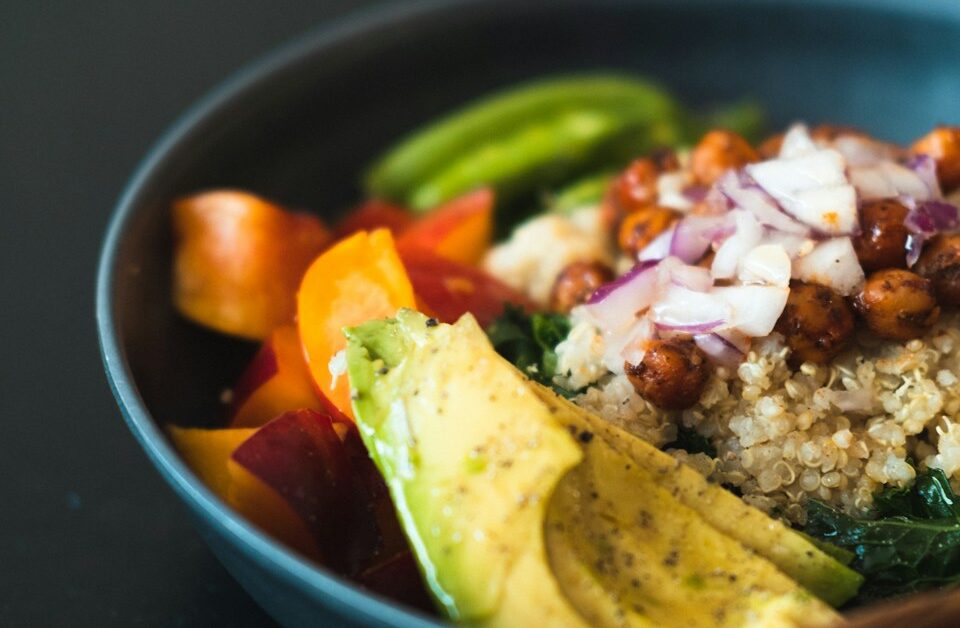Dairy Substitutes in English
Dairy substitutes have become increasingly popular in recent years, as more people are opting for plant-based alternatives due to health, ethical, and environmental concerns. These substitutes offer a wide range of options for individuals who are lactose intolerant, have dairy allergies, or choose to follow a vegan lifestyle. In this article, we will explore some of the most common dairy substitutes in English and their benefits.
1. Soy Milk
Soy milk is one of the most well-known and widely available dairy substitutes. It is made from soybeans and has a creamy texture similar to cow’s milk. Soy milk is an excellent source of protein and contains essential amino acids. It is also fortified with vitamins and minerals, such as calcium and vitamin D, to match the nutritional content of cow’s milk. Soy milk can be used in various recipes, including smoothies, baked goods, and coffee.
2. Almond Milk
Almond milk is another popular dairy substitute that is made from ground almonds and water. It has a slightly nutty flavor and a thinner consistency compared to cow’s milk. Almond milk is low in calories and contains no cholesterol or saturated fat. It is also a good source of vitamin E, which is an antioxidant that helps protect cells from damage. Almond milk is commonly used in cereals, oatmeal, and as a base for dairy-free ice creams.
3. Coconut Milk
Coconut milk is derived from the flesh of mature coconuts and has a rich and creamy texture. It has a distinct tropical flavor that adds a unique taste to dishes. Coconut milk is high in healthy fats, including medium-chain triglycerides (MCTs), which are easily digested and provide a quick source of energy. It is commonly used in curries, soups, and desserts.
4. Oat Milk
Oat milk is made from oats and water, and it has a mild and slightly sweet taste. It has a creamy texture that works well in coffee and tea. Oat milk is a good source of fiber and contains beta-glucans, which are known for their cholesterol-lowering properties. It is also fortified with vitamins and minerals, such as calcium and vitamin D. Oat milk is a versatile dairy substitute that can be used in baking, cooking, and as a dairy-free alternative in recipes.
5. Rice Milk
Rice milk is made from milled rice and water. It has a thin and watery consistency with a slightly sweet taste. Rice milk is naturally lactose-free and cholesterol-free. It is also low in fat and calories. However, it is important to note that rice milk is not a significant source of protein. Rice milk is commonly used in smoothies, desserts, and as a dairy substitute in recipes that require a lighter texture.
6. Cashew Milk
Cashew milk is made from cashew nuts and water. It has a creamy texture and a slightly sweet and nutty flavor. Cashew milk is a good source of healthy fats, vitamins, and minerals. It is also low in calories and cholesterol-free. Cashew milk can be used in a variety of recipes, including sauces, soups, and dairy-free cheeses.
7. Hemp Milk
Hemp milk is made from hemp seeds and water. It has a slightly nutty flavor and a creamy texture. Hemp milk is rich in omega-3 and omega-6 fatty acids, which are essential for brain health and reducing inflammation in the body. It is also a good source of protein and contains all nine essential amino acids. Hemp milk is commonly used in smoothies, cereals, and as a dairy substitute in baking.
8. Pea Milk
Pea milk is a relatively new dairy substitute that is made from yellow peas and water. It has a creamy texture and a neutral taste. Pea milk is high in protein and contains all nine essential amino acids. It is also a good source of calcium and vitamin D. Pea milk is commonly used in coffee, protein shakes, and as a dairy substitute in recipes that require a thicker consistency.
Conclusion
Dairy substitutes offer a wide range of options for individuals who choose to avoid dairy products. Whether due to health concerns, ethical reasons, or personal preferences, these alternatives provide a variety of flavors and textures to suit different tastes and dietary needs. From soy milk to pea milk, there are numerous dairy substitutes available in English that can be used in various recipes and provide valuable nutritional benefits.
